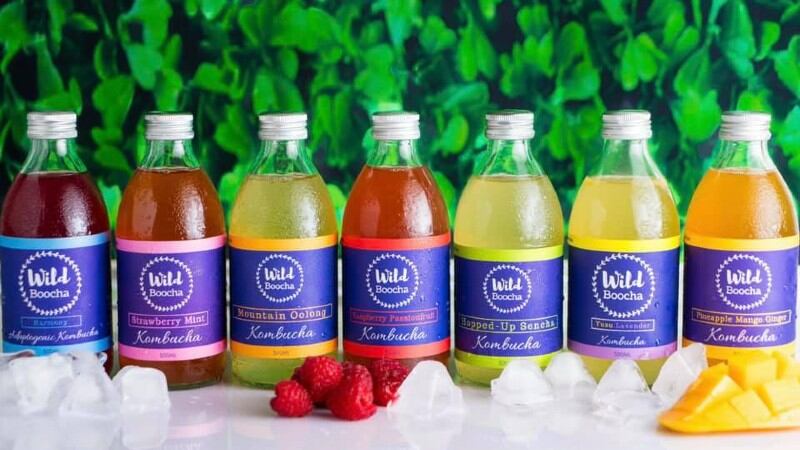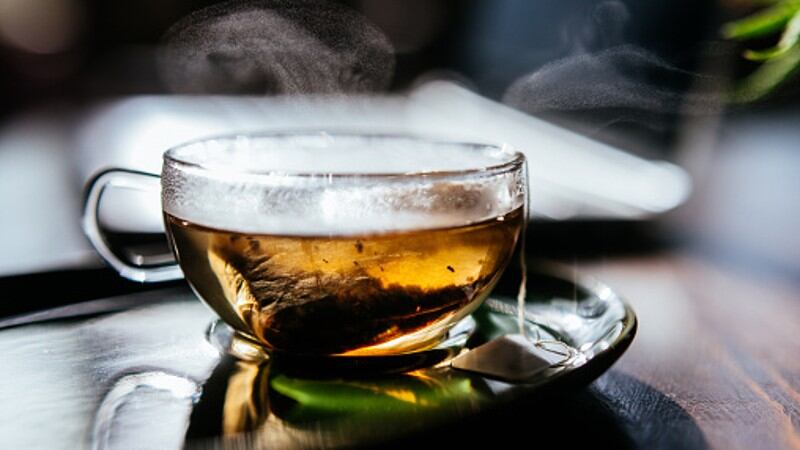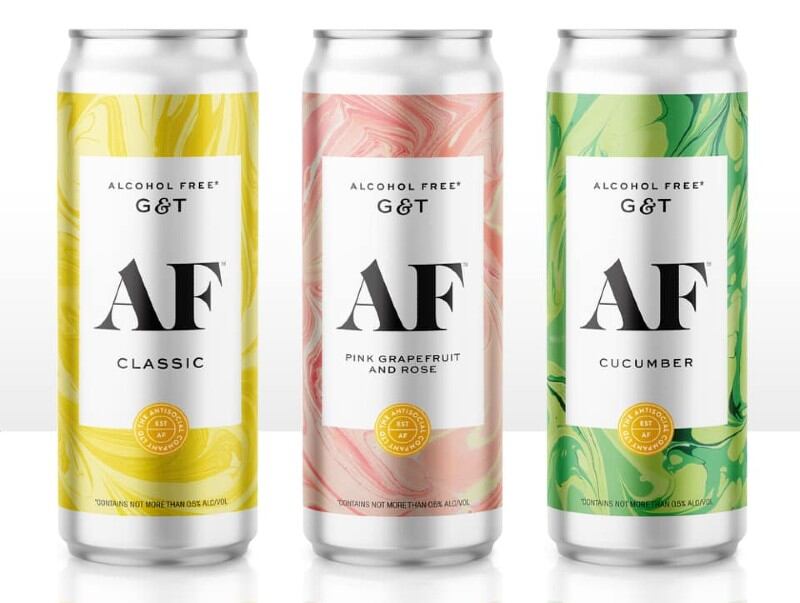Many kombucha brewers face a common issue in terms of commercial, wide-scale production given the relative sensitivity of the product both throughout its fermentation process as well as its storage and delivery.
Wild Boocha is now using larger scale using stainless steel fermentation tanks, which the firm claims has provided extra quality control.
“We are the only ones in Singapore to brew our kombucha like beer in stainless steel vats, although we do still maintain the classic process and ingredients such as organic cane sugar and high quality organic teas,” Wild Boocha Director Michele Vanlangenaeker told FoodNavigator-Asia at the recent Boutique Fairs event.
“This has given us a clear edge in terms of commercial manufacturing capability as it has helped to not only reduce the intensive manual labour required to make kombucha and control the parameters associated with traditional glass jar fermentation via semi-automation, but also to optimise control over the parameters such as temperature control due to the nature of the stainless steel jacket.
“This control in turn helps us to manage the flavour and taste of the kombucha, as although warm temperatures are generally preferred problems can arise if it gets too warm; and when Singapore had a cold run recently we also overcame any quality changes by adjusting quickly to a higher temperature.”
Wild Boocha utilises a mix of green and black tea for its kombucha base, and has also developed a wide range of flavours infused via a second round of fermentation with whole fruits – its five mainstay flavours include Yuzu Lavender, Strawberry Mint, Raspberry Passionfruit, Lemongrass Ginger Turmeric, and Mountain Oolong; as well as a host of other seasonal flavours ranging from sencha to coffee to hibiscus.
The firm does not only sell its kombucha in the conventional 300ml glass bottle formats, but also the more unusual mini keg formats, designed for true blue kombucha enthusiasts requiring a more constant supply of kombucha at home.
“The 300ml bottles are S$6.50 (US$4.85) per bottle, whereas a 3L mini keg goes for S$39.50 (US$29.50) per keg, which is value for money for those who drink a lot of kombucha,” she added.
“Kombucha is full of probiotics, polyphenols, vitamins, enzymes, amino acids and so on, and adults are recommended to consume four to eight oz (118.3ml to 236.6ml) per day [to see the best health benefits].”
Wild goals
Wild Boocha has mostly focused its efforts on the local Singaporean market so far, but this year the plan is for the firm to enter the exports market as well.
“We are looking at a further additional format in order to cater for exports, which is to develop cans as these are not only lighter but also easier to handle,” she said.
“These will likely be 250ml serve cans, and we will be looking at APAC first.
“In addition, we will soon be launching a unique form of kombucha that we are naming Ilumi, which will utilise coconut water and blue spirulina and come in a beautiful blue colour – this will undoubtedly be of interest to consumer demographies looking for an attractively-coloured drink.”





